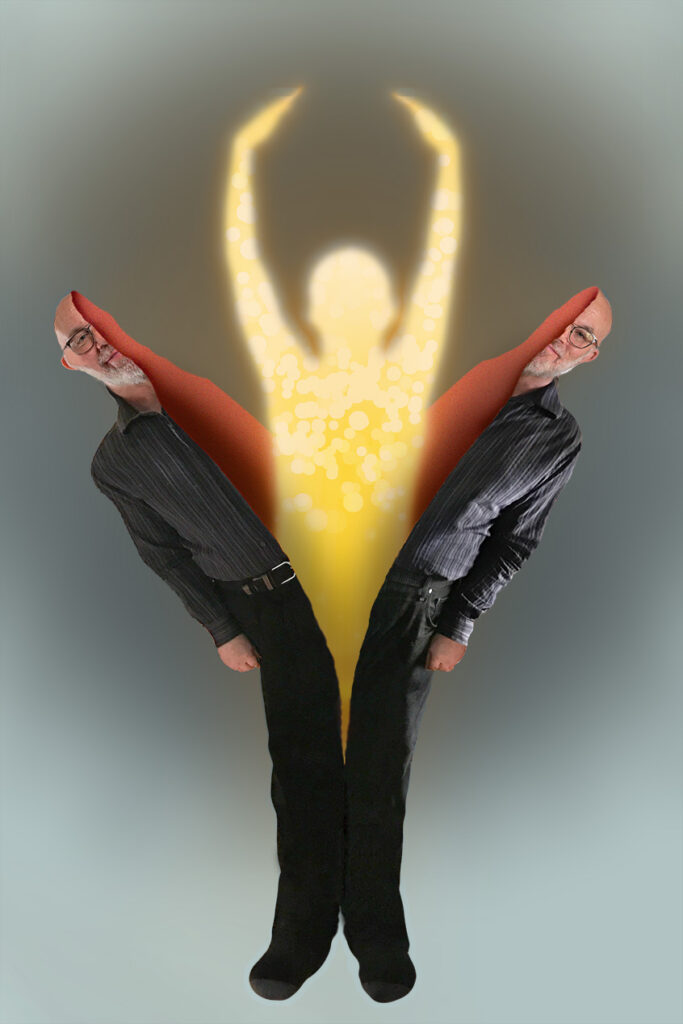
My boss in my first job out of college was a man named Bill West. He’d occasionally get annoyed when he’d give his name over the phone and the person on the other end would say, “Could you spell that, please?” Like, it’s Bill freakin’ West. What is there to spell?
I, on the other hand, have a last name that nobody can be expected to spell correctly on the first try. It’s Schaeffer, but in a world filled with Shaeffers, Shafers, Schaefers, and innumerable other variations, there’s no way for anybody to know what to do once they get past “S.”
For many years, when asked how to spell my name, I would patiently spell it out: “S–c–h–a–e–f–f–e–r.” Then it occurred to me that I could save a lot of time by just telling the person, “Put in all the letters you can.” That turned the problem into a game, which many people seemed to appreciate. (Among them was my wife Debra, who went a bit too far by coming up with the spelling Pschaephpherre.) Still, it didn’t seem fair to saddle a harried reservations clerk or receptionist with the task of puzzling out the correct spelling on their own.
After many years, I finally arrived at the most practical instruction: “Spell it however you want!” After all, unless I was engaging in some sort of legal transaction — in which case I would probably do it in writing — it really didn’t matter how somebody spelled my name. “Schaeffer, party of two, your table’s ready” sounds the same no matter how it was written down.
My wife and I have different last names, which occasionally leads to one of us being identified by the other’s name. Debra, for feminist reasons, is irked when someone assumes that her last name is Schaeffer, but she answers to it when necessary. I, on the other hand, have no objection to being called Mr. Goldentyer when the clerk at Safeway reads it off our loyalty card. (What I’m actually called in that situation is “Mr. Guh… Mr. Go… uh, Gol…,” but having a difficult-to-decipher last name is a problem that poor Debra has had to cope with much longer than I have.)
The point is that it makes no difference what people call me, as long as they and I both understand who is being referred to. My students at Chabot College, on the first day of class, would often ask how they should address me: Mr. Schaeffer? Mark? Professor? My answer was always, “Whatever you’re most comfortable with.” As long as a student treats me with respect — the same respect that I am careful to offer in return — the particular phonemes that come out of the student’s mouth hardly matter.
I would think that this indifference toward arbitrary labels would be universal, but it quite evidently isn’t. Most people, so far as I’ve seen, are offended when someone innocently misspells or mispronounces their name, or calls them something other than what they prefer to be called. I find this attitude mysterious. If someone addresses me as “Mr. Guh… Mr. Go…,” my natural response is to tell them, “It’s Goldentyer.” I see no need to snap, “It’s actually Schaeffer.” The name that this person associates with me has no effect on who I am.
The thing in my wallet that we typically call an “ID card” shows my name, my picture, my date of birth, and perhaps my gender. But those things don’t constitute my identity; they’re just handy labels that people can use to identify me. If someone gets one of those labels wrong, they’re merely making an error; they’re not changing anything about who I am. Most of the time, the error — such as a misspelling of my name — has no consequences. In cases where the error does have consequences — where I might be denied a right due to someone’s interpretation of my age, gender, or ethnicity — the fault lies in the way society treats people with different labels unequally. The labels themselves are insignificant.

Recent Comments